In the discourse of social justice and activism, an exasperating trend repeatedly emerges, one that compels marginalised individuals and those advocating for social justice to shoulder the responsibility of educating individuals who hold prejudiced beliefs at the expense of their own emotional labour.
As a Muslim, I have always been told to ‘reply with patience and effective communication,’ to individuals who are hateful towards me and my community and believe in committing human rights violations. I have been told to “educate,” them if they foster hate because hate comes from a lack of “awareness.”
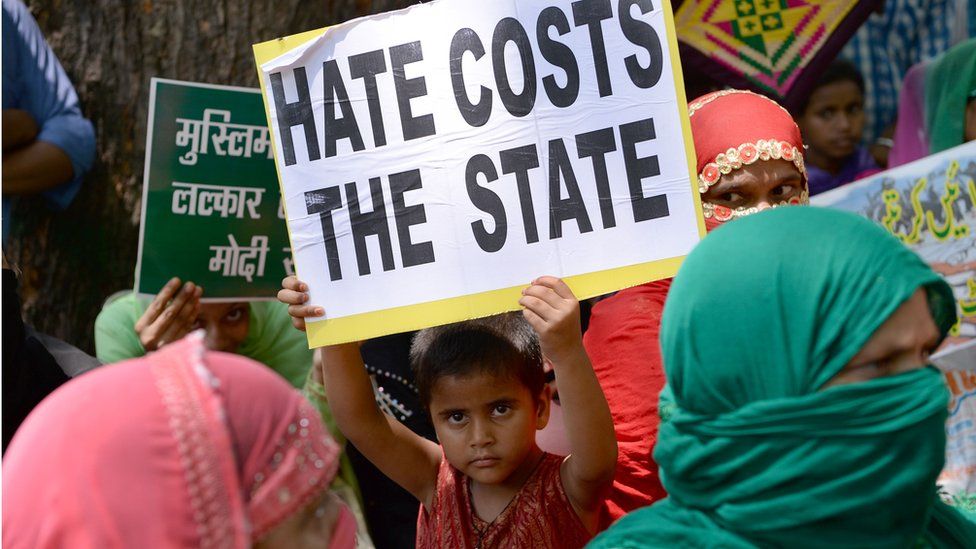
It suddenly becomes my responsibility to educate individuals brainwashed with the saffronised ideology, to be kind to them and explain why we do not deserve to be killed. I may agree that kindness goes a long way. However, does kindness and the investment of emotional labour actually work in the face of blind hate?
Emotional labour and the task of educating bigots
This trend is particularly pronounced when a person from a marginalised background speaks out against prejudice perpetuated by individuals coming from privilege. Instead of unequivocally condemning such prejudiced actions or expressing genuine outrage, the public focus which reeks of complicit liberal thought, often shifts towards exerting pressure on the marginalised voice to engage in the arduous task of expending emotional labour in educating the ignorant bigot.
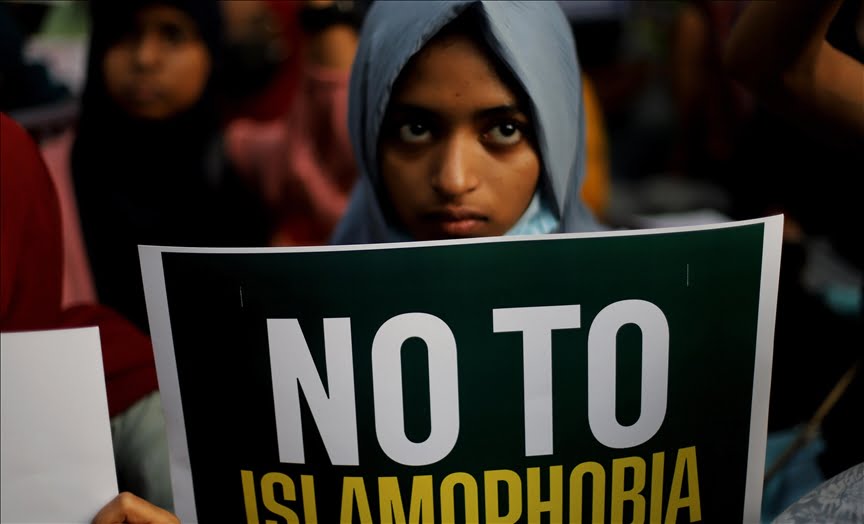
This predicament raises fundamental questions about the allocation of educational responsibility in the context of confronting prejudice. It prompts a critical examination of the appropriateness of expecting marginalised individuals to be educators in scenarios where their experiences are being invalidated or trivialised. Furthermore, this discourse underscores the need to disentangle the presumption that education is the most effective strategy to combat deeply ingrained biases and discriminatory behaviours.
The fear of being a “bad” representative of a marginalised community
I would like to draw on my own anxieties as a Muslim to substantiate this article. The demanding task of presenting oneself positively as a Muslim within a non-Muslim majority setting is undeniably overwhelming for me. I personally learned this lesson through challenging experiences during my time at Delhi University. In this environment, a single misstep can transform one’s image into that of a “bad” person, with implications extending to the entire perception of being a “bad” Muslim. Such scrutiny is particularly pronounced if one outwardly “appears,” Muslim.
It seems that every action is subject to close observation, especially if it contrasts with prevailing norms. The responsibility of representing the broader Muslim community in a positive light becomes a persistent concern. The fear of inadvertently reinforcing stereotypes looms large; a single ill-considered remark in response to hate speech can prompt the unjust painting of the entire Muslim community as uncaring, regressive, and impolite.
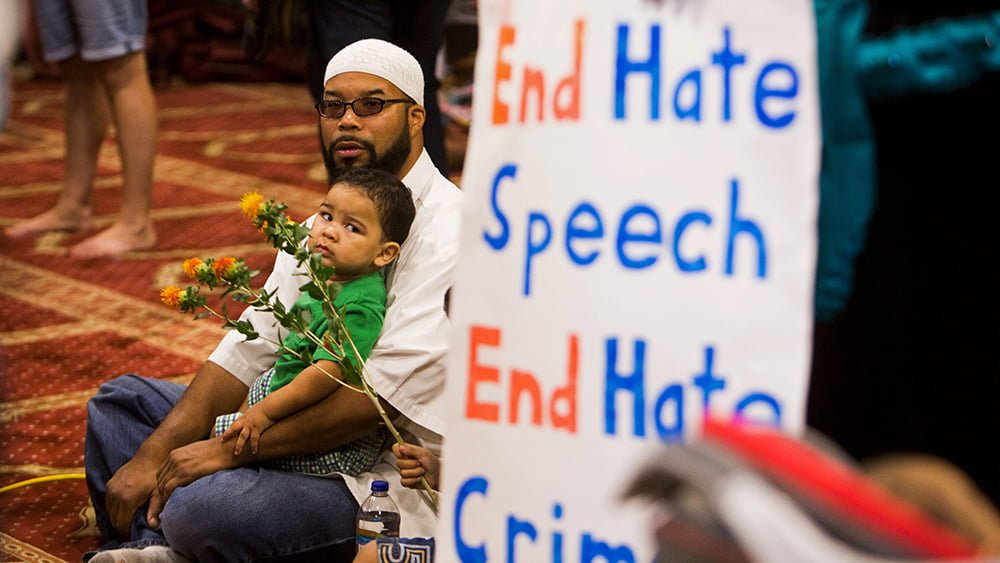
This situation perpetuates a recurring worry: ‘What if my actions inadvertently shape their perception of all Muslims?‘ The aspiration to embody the ideal of a Muslim who is kind and considerate and who invests emotional labour into “educating” people who question their very right to life, so as to serve as a positive exemplar, is both a genuine belief and a response to external pressures. Yet, it remains fundamentally unfair that the onus of consistently demonstrating kindness and understanding is primarily placed on Muslims within these spaces, especially given the escalating wave of Islamophobia.
The need for the oppressor’s validation at the expense of marginalised emotional labour
Invariably, Muslims are compelled to provide explanations and justifications for every facet of their existence. The mere fact that certain practices may sound unfamiliar to others’ ears mandates explanations: from the rationale behind wearing the hijab and fasting to our stance on the Indian government, and even our plea against being unjustly stereotyped and subjected to violence.
This perpetual cycle of validation necessitates justifying our beliefs by referencing verses from the Quran and hadith, often resorting to providing scientific underpinnings where unnecessary. This continuous effort to legitimise our existence and belief system becomes a burdensome endeavour.
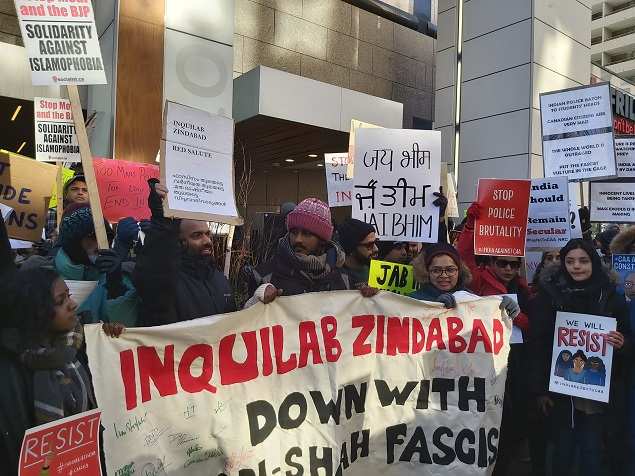
Perhaps the most disheartening aspect is that this dynamic places the burden of compassion and education disproportionately on the shoulders of the oppressed, despite the prejudice and hostility they encounter. The oppressor demands that we explain, in the most affable terms, why oppression is unacceptable. This underscores the profound irony of our position: we, as victims, are required to expend our emotional labour to clarify and affirm the immorality of violence, which should inherently be understood.
The task at hand should not entail expending energies to explain and justify our identity and beliefs. It should not be contingent upon the oppressed to convince perpetrators of the injustice they endure.
The task at hand should not entail expending energies to explain and justify our identity and beliefs. It should not be contingent upon the oppressed to convince perpetrators of the injustice they endure. Such a dynamic disregards the reality that kindness, empathy and the investment of emotional labour should not be conditional upon ongoing justification.
The inherent worth and dignity of every individual, regardless of their background, ought to be universally acknowledged. It is high time that this burden of proof is lifted from the oppressed, allowing them to authentically exist without perpetually defending their intrinsic humanity.
The problem with the project of “educating” bigots
The fallacy lies in the assumption that it is the duty of marginalised individuals to provide an educational foundation for those who harbour prejudiced views. This misguided notion implies that the oppressed must shoulder the dual burden of navigating their own experiences of marginalisation while also using their emotional labour to enlighten those who perpetuate these very dynamics.
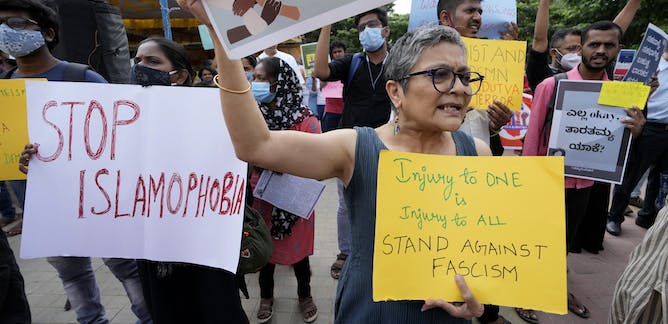
This expectation is particularly evident when analysing instances where Palestinian individuals are called upon to “educate” white individuals, or when Muslims are burdened with the responsibility of “educating” Islamophobes. Similarly, the expectation that Dalits should educate Savarnas on the deep-rooted exploitative intricacies of the caste system is deeply flawed.
While it is essential to acknowledge that resources are available to promote awareness and understanding on subjects like Islamophobia, violence, caste and gender, the presumption that marginalised individuals should be the primary educators overlooks a critical factor: the emotional labour and psychological toll that this role imposes.
While it is essential to acknowledge that resources are available to promote awareness and understanding on subjects like Islamophobia, violence, caste and gender, the presumption that marginalised individuals should be the primary educators overlooks a critical factor: the emotional labour and psychological toll that this role imposes. To continually engage in the act of educating can be emotionally taxing, exacerbating feelings of frustration and exhaustion among marginalised voices.
Moreover, the expectation of education and kindness disregards the fact that many individuals who espouse prejudiced beliefs do so knowingly. The assertion that bigots are inherently ignorant or uninformed belies a deeper reality – that many are cognisant of the repercussions of their oppressive ideologies.
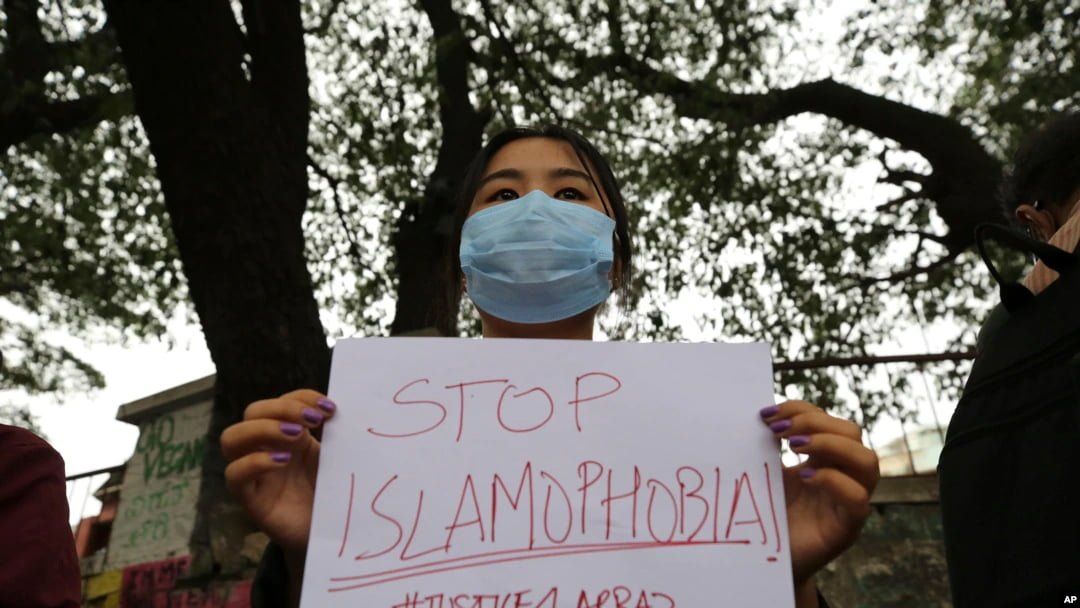
This awareness extends beyond surface-level ignorance; it encompasses a deliberate choice to embrace attitudes that perpetuate harm. The recognition of these implications indicates that the issue at hand is not merely ignorance, but a conscious disregard for empathy and understanding.
Can education at the expense of marginalised emotional labour end bigotry?
The assumption that education is the antidote to prejudice oversimplifies a complex issue and neglects the systemic structures that sustain discriminatory beliefs. It glosses over the intricate web of historical, cultural, and social factors that contribute to the perpetuation of prejudiced views. To presume that education alone can dismantle deeply entrenched biases is to underestimate the profound challenges inherent in altering longstanding attitudes.
Instead of burdening marginalised individuals with the task of spending their emotional labour on educating, the focus should be on holding privileged individuals responsible for their actions and beliefs.
It is essential to shift the discourse from the expectation of education to the urgency of accountability. Instead of burdening marginalised individuals with the task of spending their emotional labour on educating, the focus should be on holding privileged individuals responsible for their actions and beliefs.
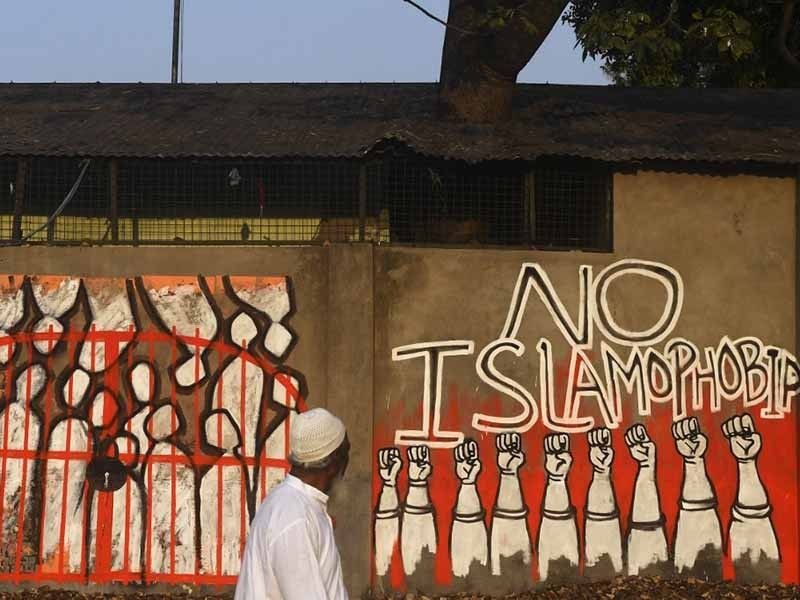
Condemning and denouncing prejudiced behaviours must become the norm, replacing the inclination to seek guidance from those who already bear the weight of oppression. The expectation that marginalised individuals should serve as kind and patient educators to those who perpetuate prejudice is a flawed and burdensome approach to activism.
It ignores the emotional toll on those tasked with education and oversimplifies the complexities of dismantling deeply ingrained biases. Rather than placing the onus of education on the oppressed, the focus should shift towards holding those who harbour prejudiced beliefs accountable for their actions. By confronting prejudice with condemnation and demanding accountability, society can move closer to dismantling discriminatory attitudes and promoting genuine empathy and understanding.
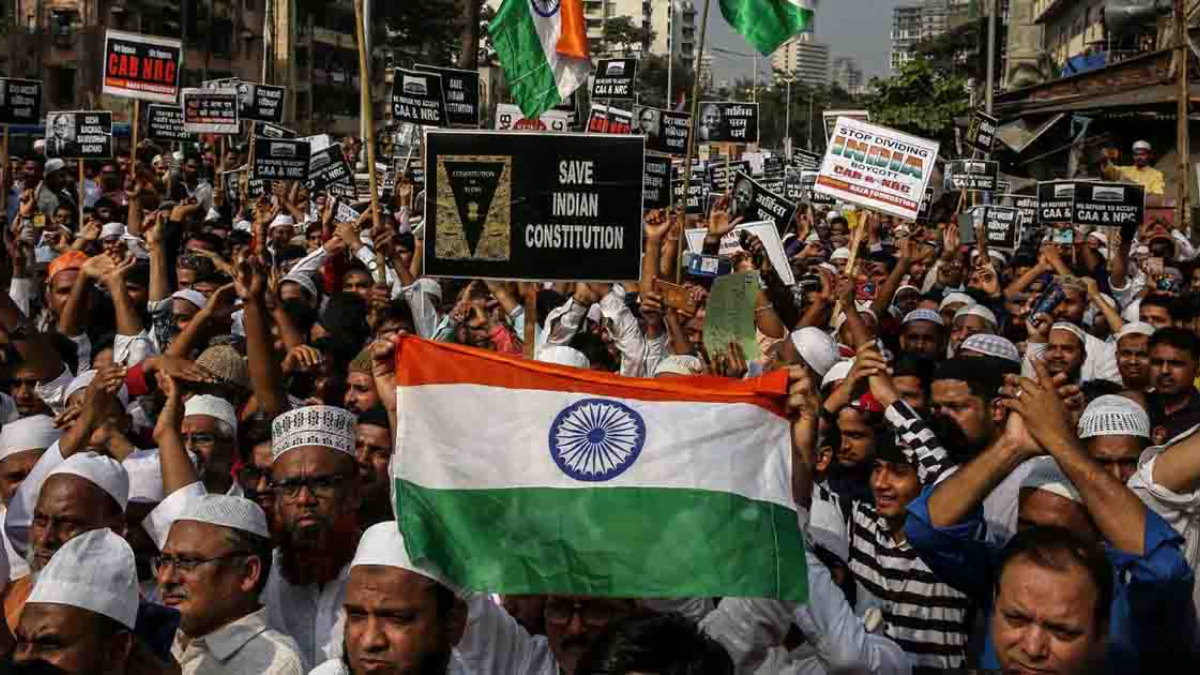
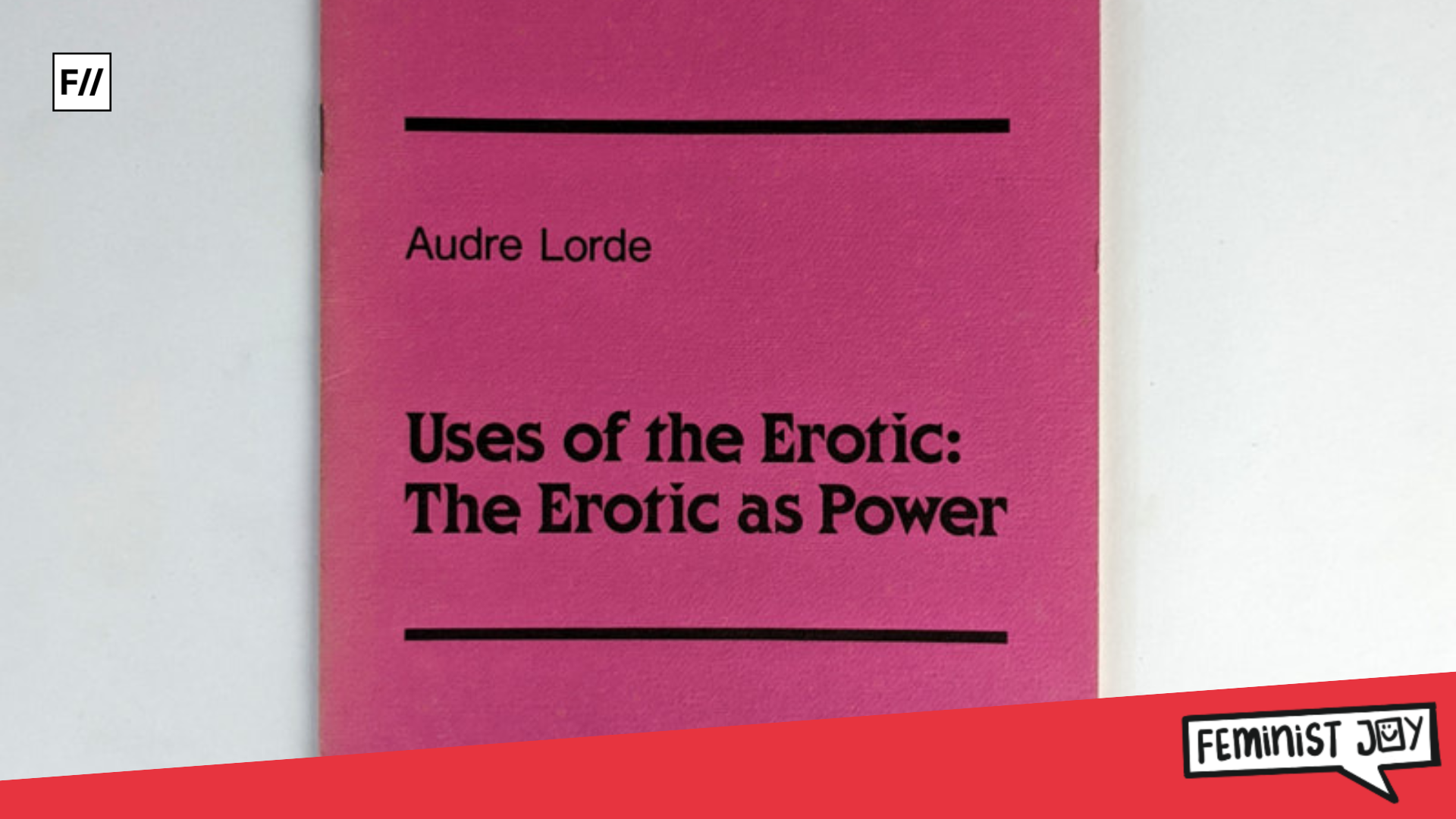



Super PROUD AMNAAAA💗💗💗💗💗💗